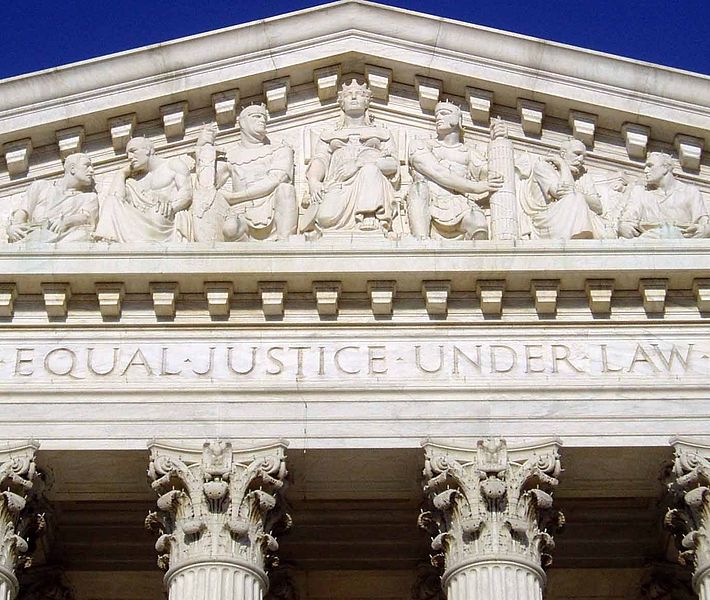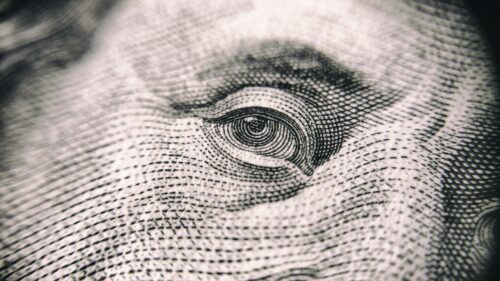If you want to get a sense of how the philanthropic elite thinks about economics, look no further than Mark Rosenman’s op ed in the current issue of the Chronicle of Philanthropy. Rosenman, a frequent contributor to the paper and a professor emeritus at the Union Institute & University, argues that the Supreme Court’s recent ruling on campaign finance laws has hurt the public interest. By allowing individuals to contribute more to political campaigns, Rosenman argues that the court has given “the rich license to so dominate democracy.” He explains:
The court added to the pressure on charities and foundations that work mightily to help the needy and improve the quality of life of all Americans. It means that an American oligarchy has more power to assert its own private interests over the public interest and the common good.
Charities—or at least certain charities—are the last bastion, the final defense of the American public interest against the rich. Of course, since the rich are donating billions of dollars to those charities, it’s hard to always see them as the enemy. Well, it’s not hard for Rosenman, who goes on to explain how the wealthy give money to politicians in order to get laws passed that will be favorable to them.
By contrast, he explains:
Those working in the public interest will never have the resources to win the pay-to-play game that increasingly characterizes America’s democratic process. They will always be outspent by those who work for the private interests of the superrich and the corporations that give them their wealth.
Who is getting outspent here? The Ford Foundation? The Ivy League universities? The Sierra Club? The poor liberal underdogs working in the public interest. How will they manage to make this a fair fight?
You may be wondering: How do you tell who is working in the public interest? If you’re Rosenman, it’s easy. The people who work in the public interest are the people who are not making money. Because making money, in his view, is something that only benefits the wealthy individuals at the top. In Rosenman’s understanding, the wealthy are not creating jobs or paying taxes or giving money to charity. They are simply raking it in and then sitting at home counting it.
Of course, liberals spend plenty of money in politics too. None other than Barack Obama decided not to use public financing for his political campaign because it would limit the amount of money he could take in. And now liberal groups are getting ready to take advantage of the Court’s ruling to pour money into their own causes.
Rosenman advises them against it.
It doesn’t make sense for nonprofits to try to win a corrupt and corrupting game, especially when the rules are so stacked in favor of the wealthy. The rules are written by those with power. As long as campaign finance is unrestricted and so opaque, those representing pecuniary private interests will always be able to outspend groups fighting for the common good. When money rules, when money is power, wealthy oligarchs will win.
Who does he think is in power now? Are the wealthy oligarchs the ones who are stopping, just to take one example, the Keystone pipeline from being built? Of course not. Environmentalists, backed by wealthy philanthropists, also throw a lot of money around in politics. But somehow Rosenman doesn’t seem concerned about their corrupting influence on us.
The assumption is that liberal organizations and charities can take as much money as they need and they will continue to remain pure, to operate in the public interest. It’s the other people who are corruptible.






